(english follows)
Date limite:15 juin 2018
Éditeurs
Prof. Dr. Cristhian Teófilo da Silva (Université de Brasília, Brésil)
Prof. Dr. Frederico de Oliveira (Université de Lakehead, Canada)
L’anthropologue brésilien Roberto Cardoso de Oliveira proposa à l’origine une «ethnographie des anthropologies périphériques», partant d’une conception géographique pour articuler une notion englobant sur les processus de développement, de coopération et de «maturation» des communautés anthropologiques autour des centres les plus établis, comme l’Angleterre, la France et les États-Unis, responsables de l’origine et de la consolidation des paradigmes constitutifs de la discipline.
Les pratiques ethnographiques menées par les «anthropologues périphériques» devraient donc être capables d’articuler leur propre situation nationale vis-à-vis des cultures anthropologiques établies à l’extérieur, en se rendant attentifs aux différentiels de pouvoir qu’impliquent les représentations impériales, coloniales et nationales de l’altérité culturelle. Cela a engendré un singulier «sujet épistémique» dans le corps de l’anthropologie, car il n’était plus un étranger mais un membre d’une société colonisée à son origine – puis transformé en une nouvelle nation: «observateur éthiquement contrefait d’un processus de colonisation sur les peuples aborigènes situés dans la même nation », de comme l’a observé Cardoso de Oliveira.
Dans les dernières décennies du XXe siècle, cette unicité épistémique des « anthropologues périphériques » a été encore soulignée par la diffusion de la recherche anthropologique hors des contextes nationaux d’origine de ces anthropologues. Il est devenu de plus en plus fréquent et intense le travail de terrain des chercheurs formés par des communautés anthropologiques intellectuellement consolidées reconnaissables par leurs propres styles et leurs contributions conceptuelles, méthodologiques et théoriques originales en dehors des pays centraux de la discipline. Qu’est-ce qui nous amenons à demander où le «périphérique» a été repositionné dans ces œuvres? Sous quels nouveaux termes les ethnographies et les méthodologies ont-elles été développées dans les pays périphériques de la discipline, tels que le Brésil et le Canada? Quels sujets ont été ciblés et partagés? Quels sont les dilemmes et les dilemmes politiques, moraux, épistémologiques, économiques, linguistiques et autres qui défient les anthropologues périphériques dans ces deux contextes nationaux?
Ce dossier vise à rassembler les travaux d’anthropologues canadiens qui développent leurs réflexions et recherches au Brésil et d’anthropologues brésiliens qui développent leurs réflexions et leurs recherches au Canada avec les peuples autochtones et les Premières Nations, les Métis et les Inuits. Des contributions, il devrait également accéder à des travaux comparatifs qui problématisent les vies indigènes comme objectivés par les politiques publiques et les revendications territoriales dans les deux pays, afin de fournir des réflexions sur le rôle et la responsabilité de l’anthropologie pour le renforcement politique des peuples autochtones. Nations, Métis et Inuit pour affronter et surmonter leurs problèmes sociaux.
À partir de la problématique originale envisagée par Cardoso de Oliveira, nous passons à cette autre façon de penser les «anthropologies périphériques» en prenant comme sujet de comparaison les pratiques anthropologiques et les ethnographies réciproques que nous élaborons avec les peuples autochtones et les Premières Nations, les Métis et les Inuits. L’objectif est d’élargir la compréhension anthropologique des difficultés, des sensibilités et des compétences qui doivent être développées de nos jours afin de traiter de manière adéquate et respectueuse des problèmes sociaux indigènes dans le monde contemporain.
La publication sera structurée en deux axes thématiques: a) La recherche sur le terrain et les travaux théoriques ou critiques qui abordent les questions autochtones d’un point de vue plus large au Brésil et au Canada par les anthropologues canadiens; et b) Une recherche sur le terrain et un travail théorique ou critique sur les questions autochtones dans une perspective plus large au Brésil et au Canada, menée par des anthropologues brésiliens. Dans chacun de ces axes, les communications seront organisées en sous-thèmes malgré la pertinence de la contribution à la réflexion sur les anthropologies périphériques et les pratiques ethnographiques avec les peuples autochtones et les Premières Nations, les Métis et les Inuits dans la contemporanéité; les politiques de représentation; réflexivité; éthique dans la recherche; méthodologies de recherche collaborative; questions ethnologiques ou ethno historique; ainsi que tout autre sujet abordé à partir de la problématique initialement présentée.
Les instructions aux auteurs et la soumission des articles jusqu’à 15 juin 2018 sont accessibles sur le site:
https://periodicos.ufpel.edu.br/ojs2/index.php/interfaces/about/submissions#authorGuidelines
Les articles peuvent être envoyés en français, portugais et anglais.
Special Number Proposal
“Relocating the ‘peripheral’ in Anthropology: Exchanging glances on indigenous social problems in Brazil and Canada”.
Deadline: June 15th 2018
Editors
Prof. Dr. Cristhian Teófilo da Silva (Universidade de Brasília, Brazil)
Prof. Dr. Frederico de Oliveira (Lakehead University, Canada)
The Brazilian anthropologist Roberto Cardoso de Oliveira originally proposed an «ethnography of the peripheral anthropologies,» that started from a geographical conception to articulate a notion that encompassed the processes of development, cooperation and «maturation» of anthropological communities worldwide around the most established centers, such as England, France and the United States, responsible for the origin and consolidation of the constitutive paradigms of the discipline.
The ethnographic practices conducted by «peripheral anthropologists» should therefore be able to articulate their own national situation vis-à-vis anthropological cultures established outside, making themselves attentive to the differentials of power implied in the imperial, colonial and national representations of cultural alterity. This spawned a singular «epistemic subject» in the body of Anthropology, for it was no longer a foreigner but a member of a colonized society at its origin – then transformed into a new nation: «an ethically counterfeit observer of a process of colonization of the aboriginal peoples located within the same nation «, as Cardoso de Oliveira observed.
In the last decades of the twentieth century, this epistemic uniqueness of the peripheral anthropologists was again stressed by the dissemination of anthropological research out of the national contexts of origin of these anthropologists. It has become increasingly frequent and intense the fieldwork of researchers formed by intellectually consolidated anthropological communities that are recognizable by their own styles and original conceptual, methodological and theoretical contributions outside the central countries of the discipline. What leads us to ask to where the «peripheral» has been repositioned in these works? Under what new terms have ethnographies and methodologies been developed in peripheral countries of the discipline, such as Brazil and Canada? What topics have been focused and shared? What are the dilemmas and political, moral, epistemological, economic, linguistic, and other dilemmas that challenge peripheral anthropologists in these two national contexts?
This dossier aims to gather the works of Canadian anthropologists who develop their reflections and research in Brazil and of Brazilian anthropologists who develop their reflections and research in Canada with Indigenous Peoples and First Nations, Métis and Inuit. From the contributions, it is expected to also access comparative works that problematize indigenous lives as objectified by public policies and land claim disputes in both countries, in order to provide reflections on the role and responsibility of anthropology for the political strengthening of Indigenous Peoples and First Nations, Métis and Inuit to confront and overcome their social problems.
From the original problematic envisioned by Cardoso de Oliveira, we move to this other way of thinking the «peripheral anthropologies», taking the anthropological practices and the reciprocal ethnographies that we elaborate with Indigenous Peoples and First Nations, Métis and Inuit as a topic of comparison. The objective is to broadening the anthropological understanding of the difficulties, sensitivities and skills that must be developed nowadays in order to deal adequately and respectfully with indigenous social problems in the contemporary world.
The publication will be structured in two thematic axes: a) Field research and theoretical or critical works that reflect on indigenous issues from a broader perspective in Brazil and Canada by Canadian anthropologists; and b) Field research and theoretical or critical work reflecting on indigenous issues from a broader perspective in Brazil and Canada conducted by Brazilian anthropologists. Within each of these axes, the papers will be organized in subthemes in spite of the relevance of the contribution to think about peripheral anthropologies and the ethnographic practices with Indigenous Peoples and First Nations, Métis and Inuit in the contemporaneity; representation policies; reflexivity; ethics in research; collaborative research methodologies; ethnological or ethnohistorical issues; as well as any other topic that is approached from the problematic initially presented.
Instructions to authors and submission of articles until June 15th 2018 are accessible at the website:
https://periodicos.ufpel.edu.br/ojs2/index.php/interfaces/about/submissions#authorGuidelines
Papers can be sent in English, French and Portuguese.






